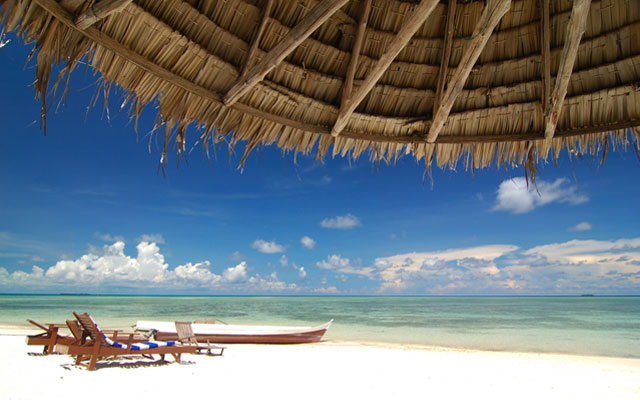While domestic travel interest is rising in Asia where the Covid-19 pandemic is coming under better control, demand has not been equal for all destinations and suppliers.
Yap Lip Seng, CEO, Malaysian Association of Hotels, told TTG Asia that only selected destinations in Malaysia are seeing a return in tourism business.

“Islands and beach resort destinations are gaining momentum from pent-up demand while main cities are still suffering with high dependency on international arrivals,” Yap said.
The same observations were shared by Jeff Redl, managing director of Diethelm Travel Vietnam, who noted that beach hotels in Vietnam “were recording almost full occupancy (from) Fridays to Sundays”, while city hotels continue to struggle with “extremely low occupancy”.
Demand is also heavily dependent on accessibility, where self-drive possibilities can influence domestic holiday decisions.
“Travellers are avoiding flights where possible,” said Yap.
Supporting the observation, Boon Kwee Lim, CEO of Dusit Hotels and Resorts, shared that his hotels in Chiang Mai and Phuket – most accessible by a short flight – are seeing low occupancies despite price reductions. On the other hand, his property in Korat, a three-hour drive from Bangkok, is frequently booked out at normal room prices post-lockdown.
Amid an ocean of travel offers now, domestic travellers have become even more price-sensitive, noted Suyin Lee, managing director of Discova. “We continue to see price as the key decision factor and we notice that travellers have an appetite now to try new destinations if the price is attractive.”
To spread domestic travel across more parts of a country, Yap suggested that industry stakeholders provide motivation for locals to “revisit older destinations not only based on attractions (there), but also experiences and stories it offers to travellers”.
He added: “Strategies can be mapped to recreate experiences of the same destinations with the help of complementing products such as seasonal events and features.”
It is also important that destination openings are paired with quality hotel development, advised Tunku-Iskandar Tunku-Abdullah, group executive chairman at Melewar Group and former president of the Malaysian Association of Tour and Travel Agents.
He said: “In Malaysia, there are some new destinations, or destinations putting a twist to current offerings through off-the-beaten-track activities and attractions. However, they are not well developed on the hotel and resort side, and as such are not seeing as much demand as expected.”
Meanwhile, industry players continue to support government intervention in domestic tourism promotion, particularly in the form of travel vouchers. Japan, Singapore and Malaysia are among the few countries in Asia with ongoing government-issued travel subsidies. – Additional reporting by Anne Somanas




















